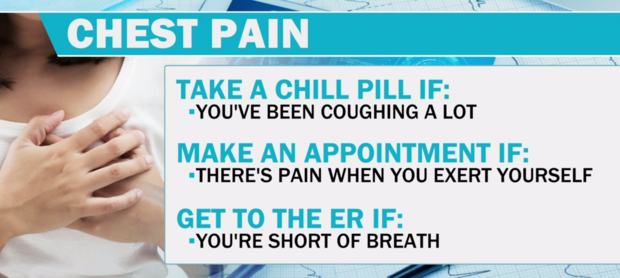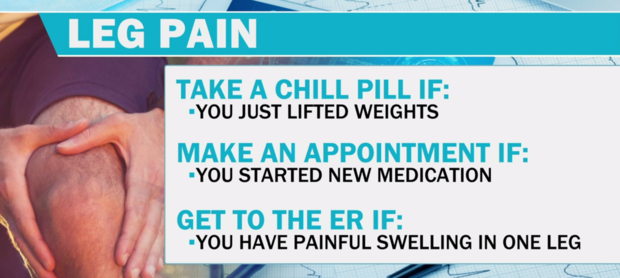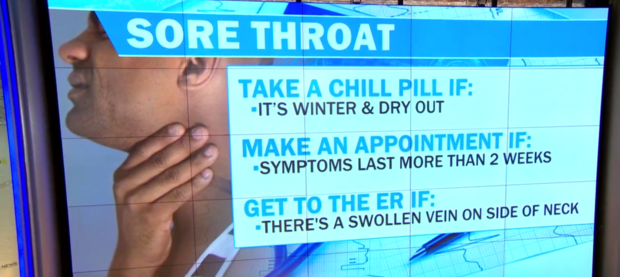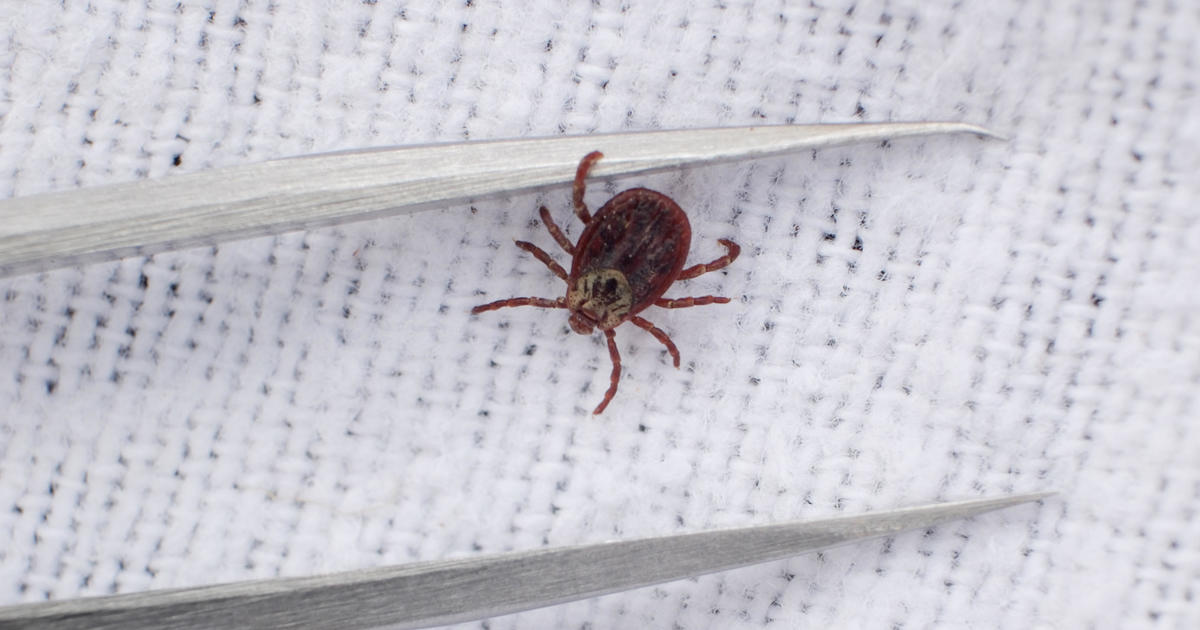Heart attack symptoms to look out for around the holidays
On Christmas Eve, the risk for a heart attack jumps 37%, according to a study published in The BMJ medical journal, and they're most likely to happen around 10 p.m., right after dinner. Stress and different eating habits around the holidays are factors contributing to this risk.
"Last-minute shopping, seeing family members that you probably don't see too often and arguing with them about whatever families argue about, drinking more alcohol than you might the rest of the year, eating more unhealthy foods, maybe traveling and forgetting to bring along your medicines — all of that puts a lot of strain on the heart and significantly increases the risk of a problem happening," Dr. Christopher Kelly said on "CBS This Morning" Tuesday.
Kelly and Dr. Marc Eisenberg are the authors of the book "Am I Dying?! Should You Chill Out or Freak Out? A Complete Guide to Your Symptoms and What to Do Next."
Kelly warned people not to ignore the real symptoms of a heart attack.
"People don't want to spoil the party, they don't want to go to the emergency room and so they try to wait things out, but that's a big mistake because a heart attack doesn't wait," he said. "The only thing worse than ruining this Christmas is ruining all Christmases because you got seriously sick or even died, so don't ignore your symptoms."
But what symptoms should you look out for? Kelly and Eisenberg broke down the things that could cause serious problems and the things you shouldn't worry about:
Chest pain
"If you have chest pain that lasts for a few seconds and just goes away, or it gets worse when you touch it or just contour your body, then it's probably a muscle spasm," Eisenberg said. "If you start having heaviness in your chest, especially if it's associated with palpitations or shortness of breath or dizziness, and it doesn't go away, sorry to be a grinch and have to ruin your Christmas dinner, but you probably should call 911."
Leg pain
"So leg pain can happen all the time to any of us," Kelly said, but the main concern is if there is a blood clot that could have fatal complications.
"So if you've been sedentary for a good part of the day on a train or airplane, and then you notice pain in one leg and that leg looks a little swollen or red, that's a good sign that there could be a blood clot in there, and that's a medical emergency," he explained. "If on the other hand, you're just feeling a little cramping in both legs from being up on your feet all day long cooking a turkey or whatever your family does, that's more likely to be benign."
Sore throat
"Especially in the winter, there's dry air, so a lot of times you wake up with a sore throat," Eisenberg said. "So you can just drink some water and see if it goes away."
But, he said, if you also have a cough, fever and/or chills, you should probably check with a doctor. "Obviously, this is flu season, people get a lot of colds when you travel on a plane or a train, all it takes is one person to cough and everyone else is exposed," he said.






